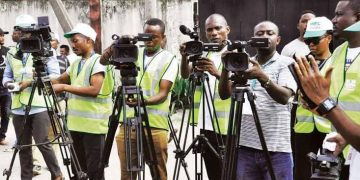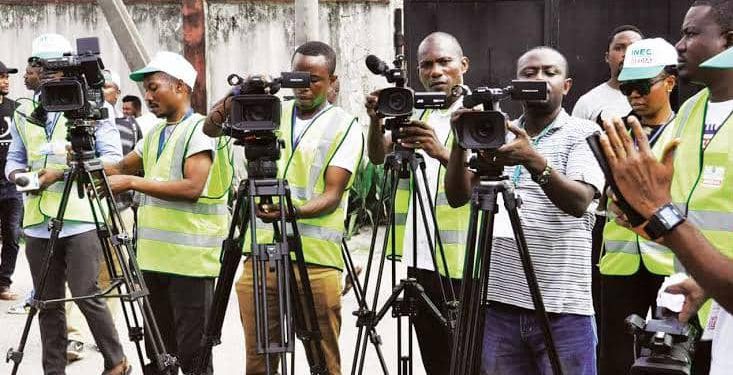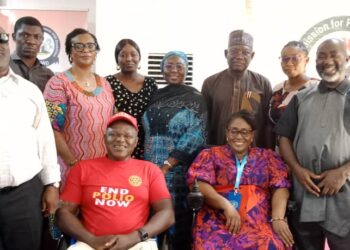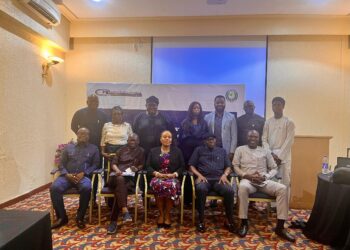By Enyichukwu Enemanna
Nigeria, the giant of Africa maintained a lead position in the list of 16 African countries where journalists, bloggers and media outlets came under serious clampdown between 2017 and 2022, Spaces for Change (S4C) noted in its recent report.
The report noted that out of the 207 incidents of crackdowns on press/media freedoms, 122 were recorded in Nigeria alone, representing the highest in the West African sub-region.
In its recently launched report titled ‘Civic Space In West Africa: Trends, Threats and Futures’, Spaces for Change (S4C) a civil society organisation, noted that press freedom is under attack across the 16 countries in sub-region, indicating that the environment for journalists, investigative reporters, and the news media to operate freely is not guaranteed.
The data curated from the Closing Spaces database mapped the trends, drivers, targets, tactics, enablers, and flashpoints of future threats to the civic space in West Africa.
“Crackdowns on journalists and media outlets were documented in all 16 West African countries, taking mostly the form of arrests, detentions, office raids, brutality, seizure of journalistic equipment, sanctions and fines on broadcast media, anti-media laws designed to gag the press, hacking of cellphones, etc,” the report reads.
It reads further, “The highest number of attacks on press freedom were recorded in Nigeria (22), Ghana (16), and Liberia (14). These records, indeed, signal “a problematic environment for press freedom” in West Africa”.
The report says Cote d’Ivoire (3), Burkina Faso (4), Sierra Leone (2), and Gambia recorded the least infractions.
Journalists are disproportionately targeted by repressive practices more than any other group of civic actors, it added.
“Journalists covering environmental justice issues, the mismanagement of natural resources, and extractive activities are more likely to get into trouble or experience brutality by security operatives in Nigeria, Ghana, and Senegal while long prison terms and huge fines are frequently slammed on journalists and media outlets in Niger, Côte d’Ivoire’, Nigeria and the Benin Republic,” the report reads.
“Press coverage for classified operations of the police and the military comes at a great cost in Ghana, Cape Verde, Senegal, and Nigeria where the accused persons are often slammed with criminal investigations or criminal charges bordering on “qualified disobedience,”, “violating defense secrecy” and acts ‘inimical to state and national security.”



































